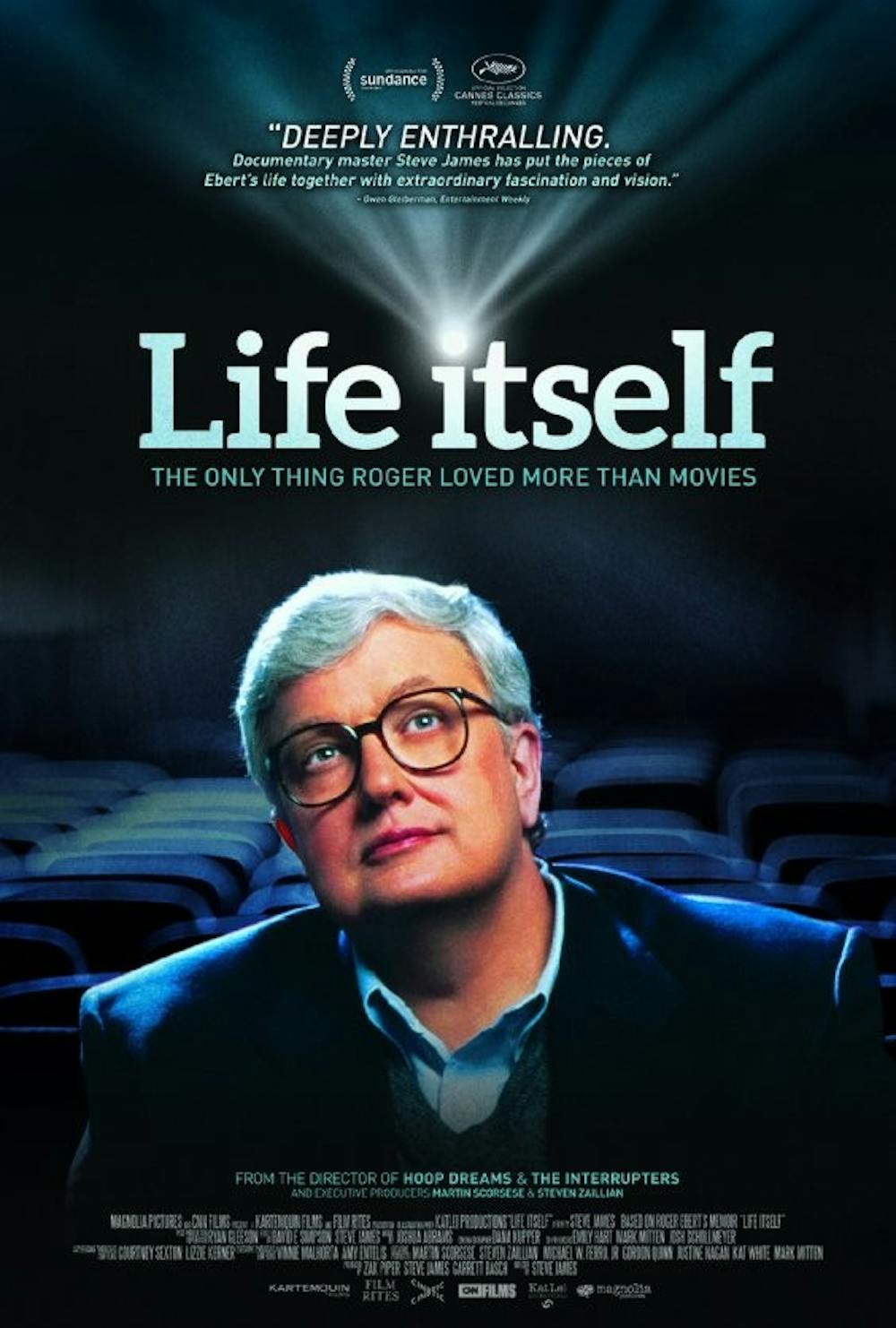Director: Steve James
Starring: Roger Ebert, Martin Scorsese, Chaz Ebert, Gene Siskel
A-
“Life Itself” is about the life and film criticism of Roger Ebert, but that brief summary does the film an injustice.
Using the famed movie critic’s life as a lens, the documentary examines some sophisticated questions. How and why do we tell stories? How should we go about dying?
“Life Itself” takes the narrative of one man and shows how similar it is to our own life story. In this way, it demonstrates the motion pictures’ power to bring people together. One can only imagine Ebert would have given this aspect of the film a hearty thumbs up.
The picture deals less with Ebert’s life events than one might expect, but this feels appropriate. Scenes show us glimpses of his childhood, his start as a film critic and his enduring love of the Cannes film festival, but the focus is on the man’s relationships within the industry. Luminaries such as Martin Scorsese are given the same amount of screen time as little-known independent filmmakers.
The most important relationships here are those with Gene Siskel, his television partner, and Chaz Ebert, his wife. Gene Siskel was like a brother to Ebert. The movie shows clips of their bickering on set that are hilarious, poignant and indicative of the deep respect the two had for each other later in their careers.
This relationship did not just affect Ebert’s criticism. Siskel’s death and the secrecy surrounding it prompted Ebert to be open with the public when he himself was diagnosed with cancer. Director Steve James handles the subsequent hospital scenes with impressive restraint.
The camera shows us Ebert’s struggles with rehabilitation and never shies away, even when the critic gets fed up and lashes out at the people caring for him. Ebert himself said it would have been dishonest of the film to do so.
These moments also show Ebert at his wisest and emphasize the strength of his marriage. Such scenes feel inappropriate to critique but are fortunately made in such a way that they do not have to be.
The movie is both an elegy and a celebration. An old axiom says film lasts forever. “Life Itself” argues that while this isn’t exactly true, it still lasts longer than we do.
If film can provoke discussion between people and bring them closer, long after the makers of the picture are dead, then it has achieved something better than immortality.
This achievement is clear in the life work of Roger Ebert. It seems likely ?“Life Itself” will claim the same accomplish ment.




